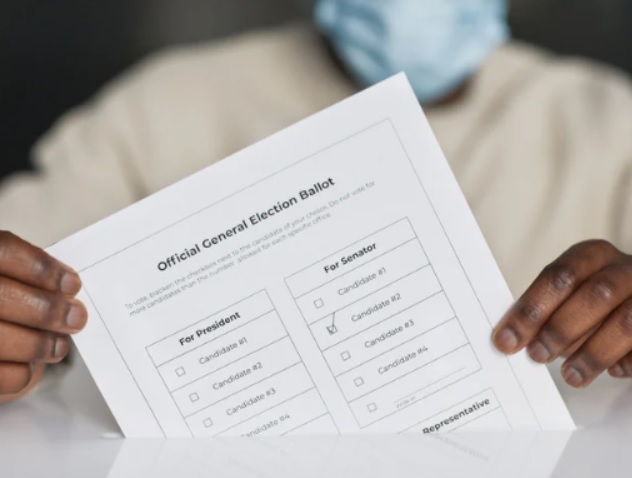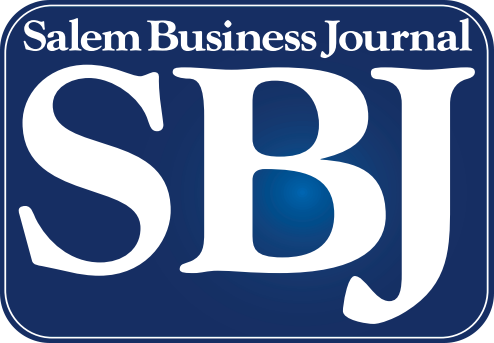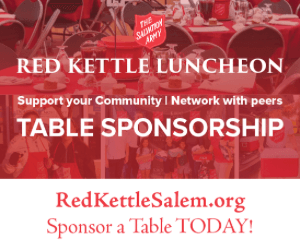What Primary Election Winners Should Know

Congratulations to all the primary election candidates who emerged victorious May
- Whether Democrat or Republican, almost every candidate offered some opinion about small business, and, as most politicians do, they said things like, “We need to provide more support for our small businesses because they are the backbone of Oregon’s economy.”
While statements like this are true and resonate with voters, they can easily turn into empty campaign promises once candidates become lawmakers. What are the top challenges that small businesses are currently facing? What legislative solutions would actually help them? Without a proper understanding of how best to support small businesses, elected officials run the risk of failing to deliver – or worse, prioritizing other issues and interests to the detriment of the small businesses they claim to support.
As the Oregon state director for the nation’s leading small-business association, it’s my job to continue the nearly 80-year-old mission of the National Federation of Independent Business (NFIB) to remind policymakers that small businesses are not smaller versions of big businesses. A one-size-fits-all rule, regulation, or law can do Main Street enterprises more harm than good, which is exactly why large corporations often support this approach – it puts the squeeze on their smaller competitors.
Small businesses aren’t asking for an unfair advantage, just a level playing field. Here are a few reasons why:
- They pay more per employee in regulatory compliance than big businesses do
- They pay three times as much as big businesses to comply with taxes
- Individual – not corporate – tax rates are often more important to them because 85% are organized as pass-through entities
- Health insurance is more expensive for small businesses than it is for big businesses.
Big businesses can absorb cost increases easier and have paid staff to handle the hours of paperwork compliance. Not so for the owners of the local hardware store, restaurant, or coffee shop. You might be tempted to think small-business owners would be unified in their desire to see government strike back against large corporations, forcing them to “pay their fair share” or be subject to greater regulation. Again, not so.
In the thousands of conversations I’ve had with small-business owners of every size, representing every industry sector, they are far more focused on their own interactions with government at the federal, state, and local level. This is what unifies them – the common cause of lower taxes, reduced regulations, and affordable health care coverage for themselves and their employees.
More recently, they have been plagued by supply chain issues and a severe labor shortage, made even worse by the COVID-19 pandemic and the government’s response to it. Again, small businesses were disproportionally disadvantaged. I didn’t hear small businesses calling for the governor to shut down big-business competitors during the height of the pandemic, but I heard many pleading with her to let their doors stay open.
Regardless of the specific policy proposal, which we may or may not agree upon, every candidate for the 2022 General Election would benefit from seeing the research NFIB produces, which we put on our website free of charge. I suggest starting with our quadrennial Small Business Problems & Priorities report which ranks the 75 issues of importance to America’s small businesses.
On the first Thursday of every month, NFIB issues a Jobs Report, which is a component of the Small Business Optimism Index, issued the second Tuesday of the month. For nearly half a century, the Small Business Economic Trends report (aka the Optimism Index), has been the bellwether measurement of the small business economy, used by presidential administrations, the Federal Reserve, Congress, and by governors and state legislatures across the country.
Recently, NFIB has added a special COVID-19 survey of its membership to its research stable, all of which can be found at www.nfib.com/research.
One more thing worth noting, according to the U.S. Small Business administration, small businesses account for 99.4 percent of all businesses in Oregon, employing 54.9% of the state’s private-sector workforce. Small business is no small matter in Oregon.It’s not a part of the economy – it is the economy.
###
Anthony K. Smith is Oregon state director for the National Federation of Independent Business





